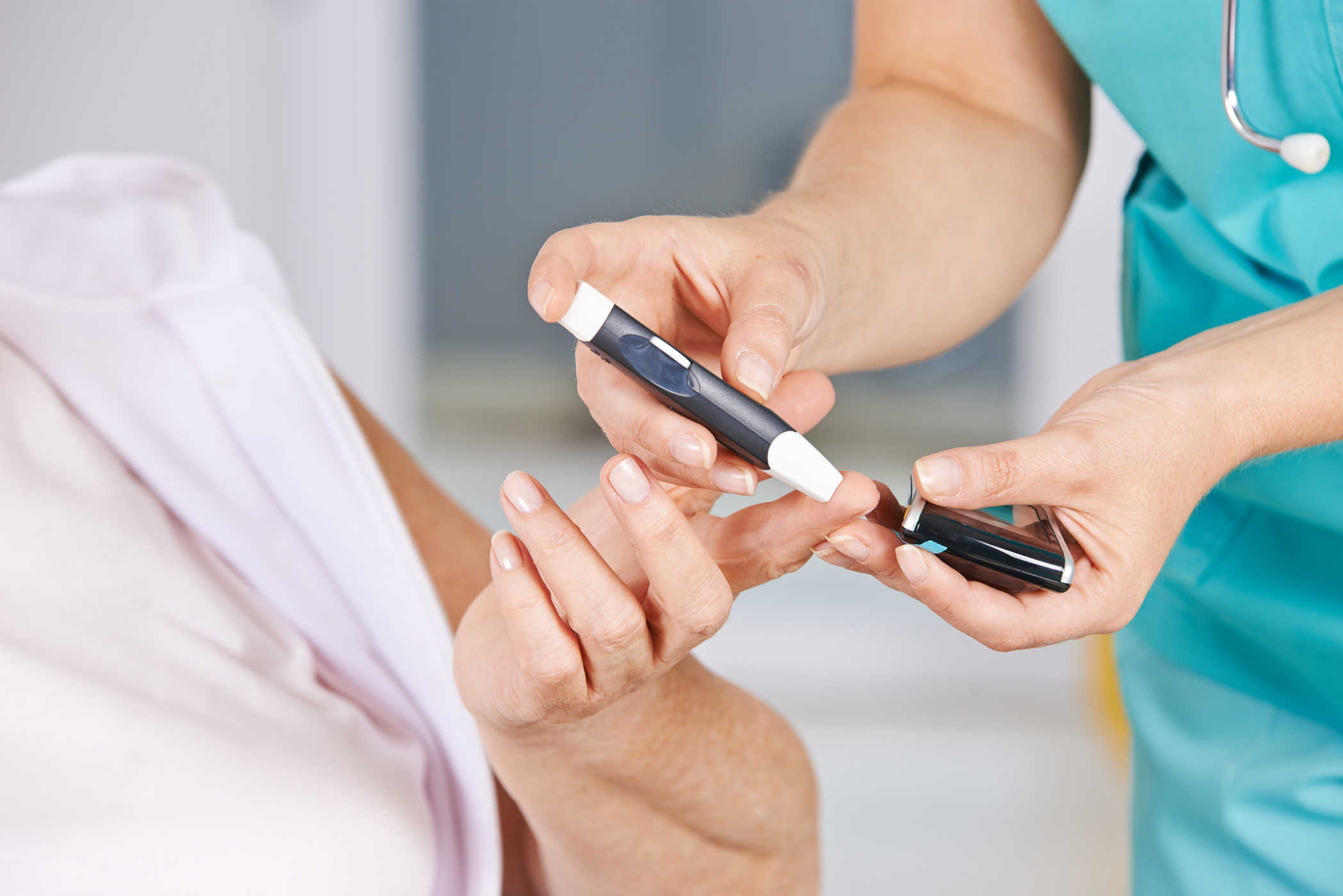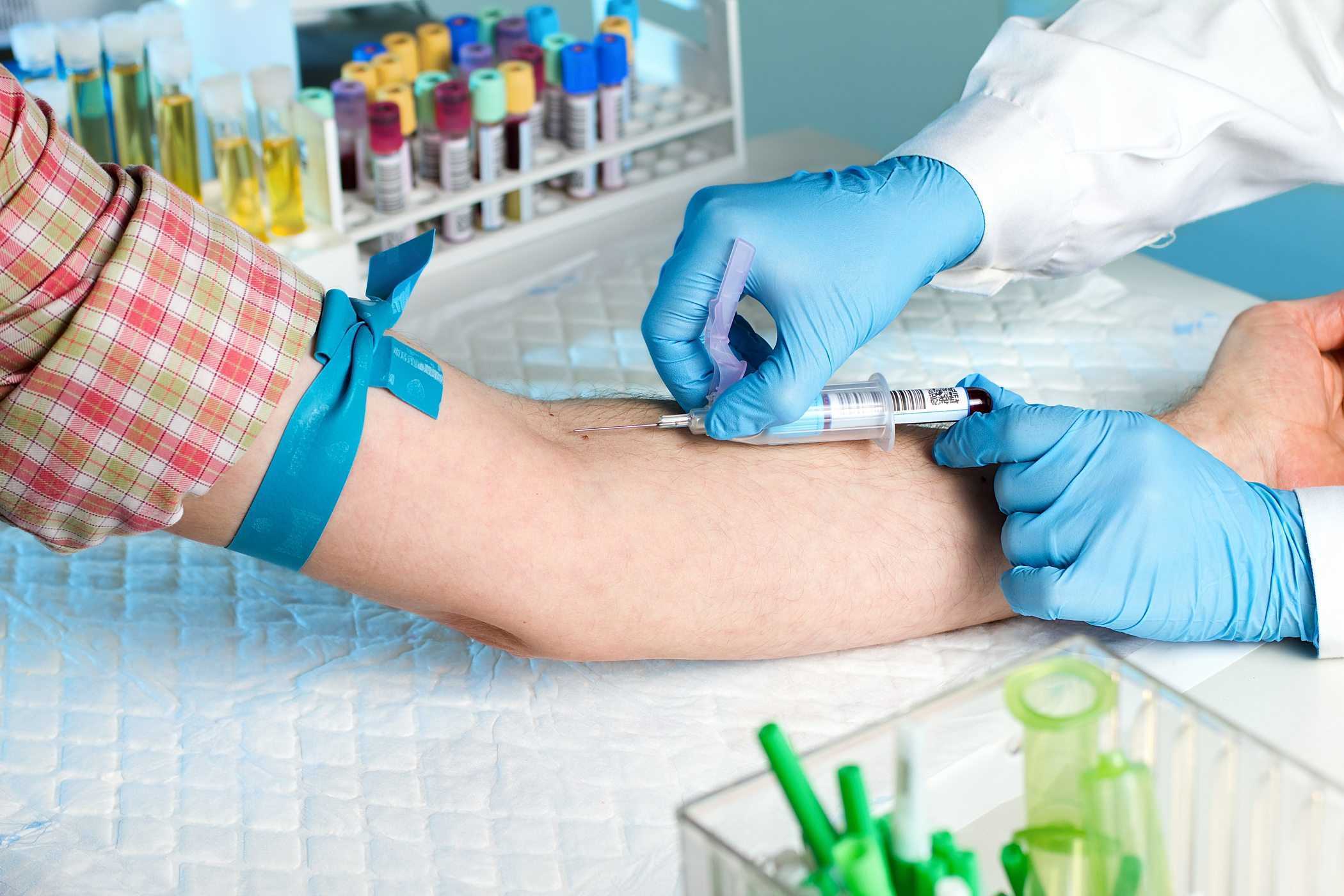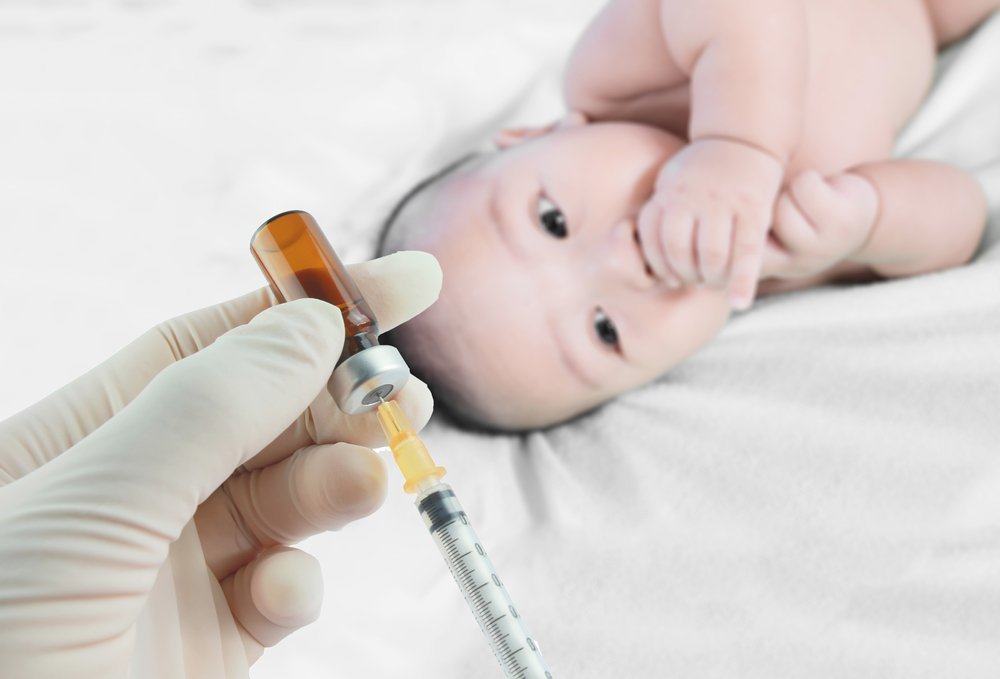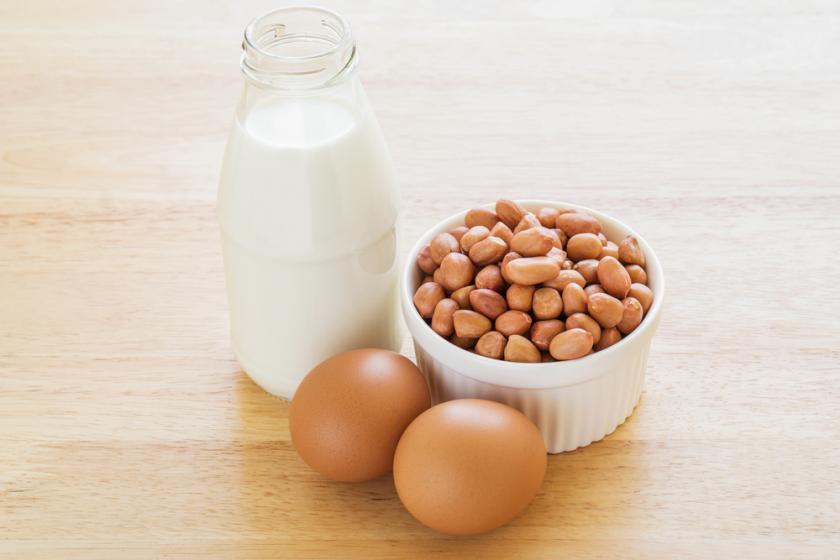Contents:
Medical Video: LDL and HDL Cholesterol | Good and Bad Cholesterol | Nucleus Health
Definition
What is HDL cholesterol?
The HDL test measures 'good' cholesterol levels in the blood. HDL is a high density lipoprotein. Lipoproteins are formed from protein and fat. HDL is known as good cholesterol because HDL carries ‘bad’ cholesterol, low density lipoproteins (low density lipoprotein), triglycerides, and harmful fats and return them to the liver for processing. When HDL reaches the liver, the liver breaks down LDL, turning it into bile and removing it from the body.
Research has shown that people with healthy HDL cholesterol have a lower risk of developing coronary artery disease.
When should I have HDL cholesterol?
The HDL cholesterol test can be done as a follow-up test of the results of a high cholesterol test. The HDL cholesterol test is usually not done alone but includes a range of other tests, including cholesterol, LDL cholesterol (LDL-C), and triglycerides as part of a lipid profile during a health examination. Adults are recommended to be examined at least once every five years.
HDL cholesterol testing, part of a lipid profile, can be done more often for people who have higher risk factors for heart disease. The biggest risk factors include:
- smoke
- age (men 45 years and over or women 55 years and over)
- hypertension (blood pressure 140/90 or higher or using high blood pressure drugs)
- history of premature heart disease in the family (immediate family heart disease — male relatives under the age of 55 or female relatives under the age of 65)
- existing heart disease or has had a heart attack
- diabetes mellitus
Examination of lipid profiles is recommended for children and adults. Children must be tested at least once between the ages of 9 and 11 and once again between the ages of 17 and 21 years. In adults, additional tests may be needed for young adults with risk factors or if the examination shows higher than normal results. Some risk factors include a history of family heart disease or health problems such as diabetes, high blood pressure, or being overweight. Doctors may refer to a lipid profile examination in children under the age of 9 if their parents have high cholesterol.
HDL cholesterol tests can also be referred to at regular intervals to evaluate the success of lifestyle changes such as diet and exercise or to stop smoking to increase HDL cholesterol.
Prevention & warning
What should I know before undergoing HDL cholesterol?
HDL cholesterol must be measured when a person is in good health. Cholesterol levels will be temporarily low when exposed to acute illness, after a heart attack, or when stressed (such as after surgery or an accident). You have to wait at least 6 weeks after any disease to measure cholesterol.
In women, HDL cholesterol levels can change during pregnancy. Women must wait at least 6 weeks after giving birth to measure HDL cholesterol levels.
Process
What should I do before I get HDL cholesterol?
The doctor will give complete instructions to prepare for the test. Preparations may include temporary cessation of certain medications or fasting for up to 12 hours before the test
How to process HDL cholesterol?
The HDL test is quite fast and relatively painless. Requires blood sampling using a syringe. You will feel a sting from the needle in the area of blood sampling. Some tests, such as home tests, only require a drop of blood, taken using a small needle called a lancet.
When enough blood is taken, blood will be transferred into the ampoule that is attached to the syringe, and the sample is packed and sent to the laboratory for testing.
What should I do after I get HDL cholesterol?
You will be notified of the date of taking the test results. The doctor will explain the results of your test. Follow your doctor's instructions.
Explanation of Test Results
What do the test results mean?
The optimal level of HDL cholesterol is above 40 mg / dL for men and above 50 mg / dL for women. Typical levels in women (50 to 59 mg / dL) and men (40 to 50 mg / dL) classify them in the average risk for heart disease. Lower rates mean a higher risk for this disease.
Hello Health Group does not provide medical advice, diagnosis or treatment.











